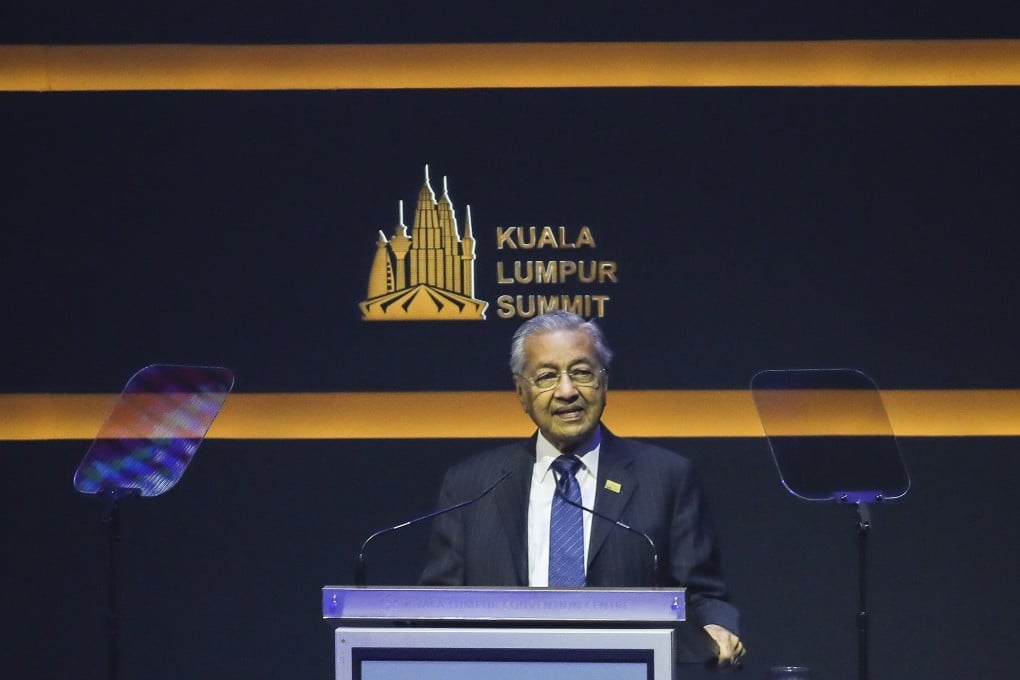Opinion | At Malaysia’s KL Summit, the Muslim world’s most pressing concerns got no mention
- Rohingya crisis, rise of Islamic State, conflict in Kashmir, Chinese treatment of Uygurs and years of bloodshed in Syria and Yemen were largely avoided
- If summit’s aim was to find alternative to Saudi-dominated OIC, it succeeded only in confirming the difficulties Muslim world has dealing with its issues

The summit, to be known as the Perdana Dialogue from next year, was touted as a grand effort to shift narratives for the ummah, to move towards unification of the Muslim world and better address issues of conflict, extremism and oppression. Such concerns remain obstacles to restoring Islam to its “Golden Age”, which ended in the 14th century, when Islamic civilisations flourished, leading the world in commerce, science and culture.
It was not until two days into the summit the plight of the Rohingya was addressed, when an activist raised the issue during a panel discussion. He was cut off by the moderator, a member of the summit’s steering committee, who insisted the panel on “Advance High-Tech”, discussing innovation and cybersecurity, was not the proper forum for such a discussion.
